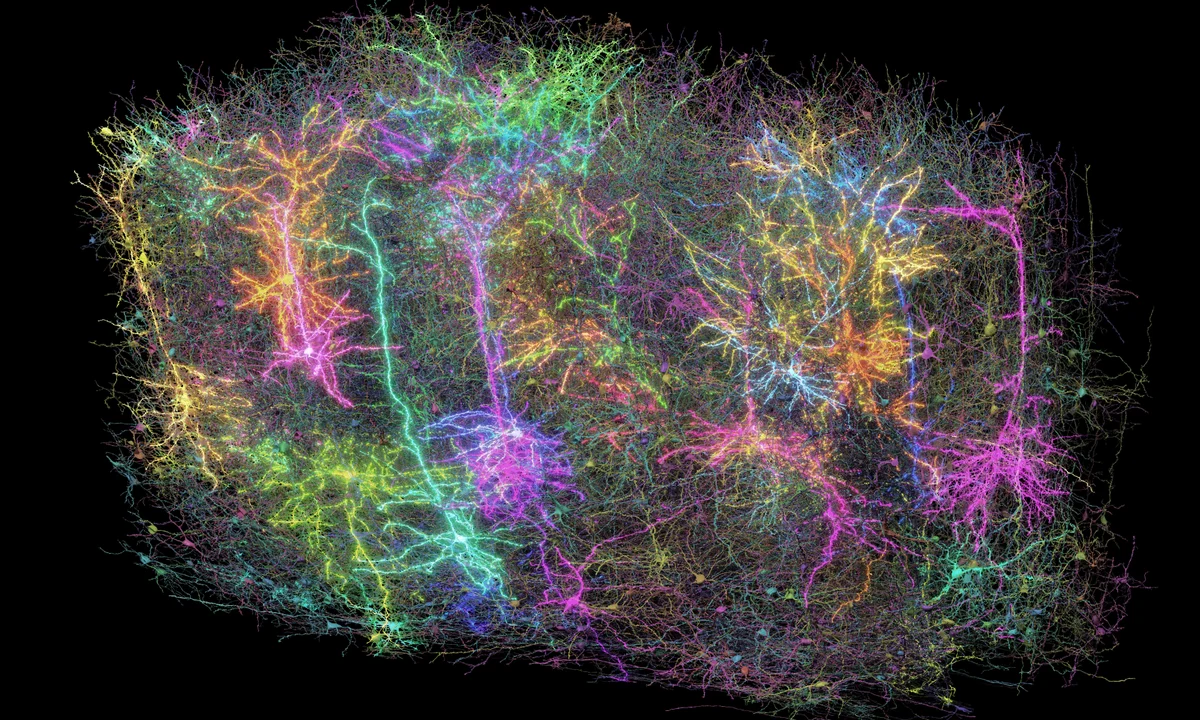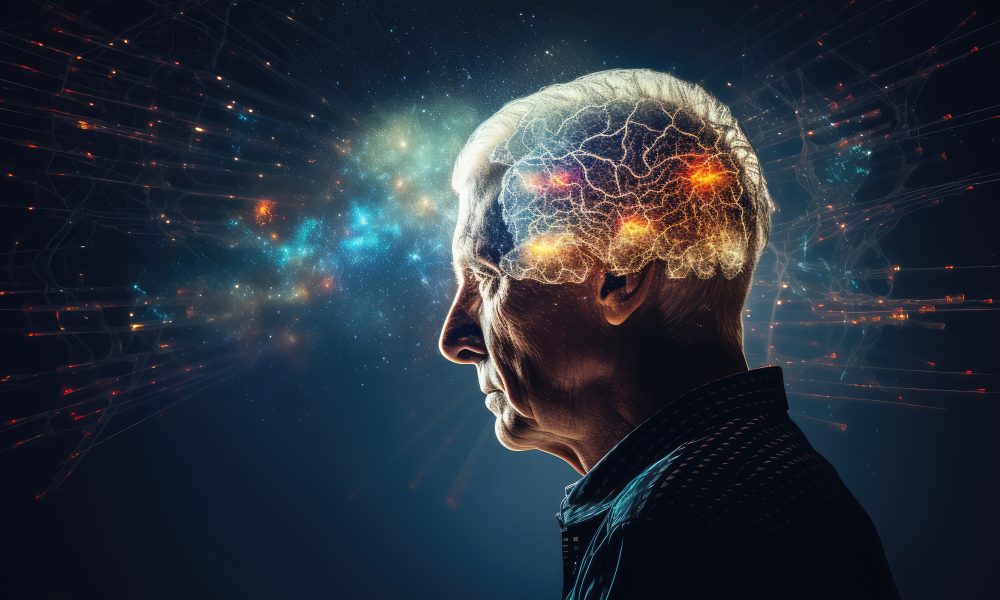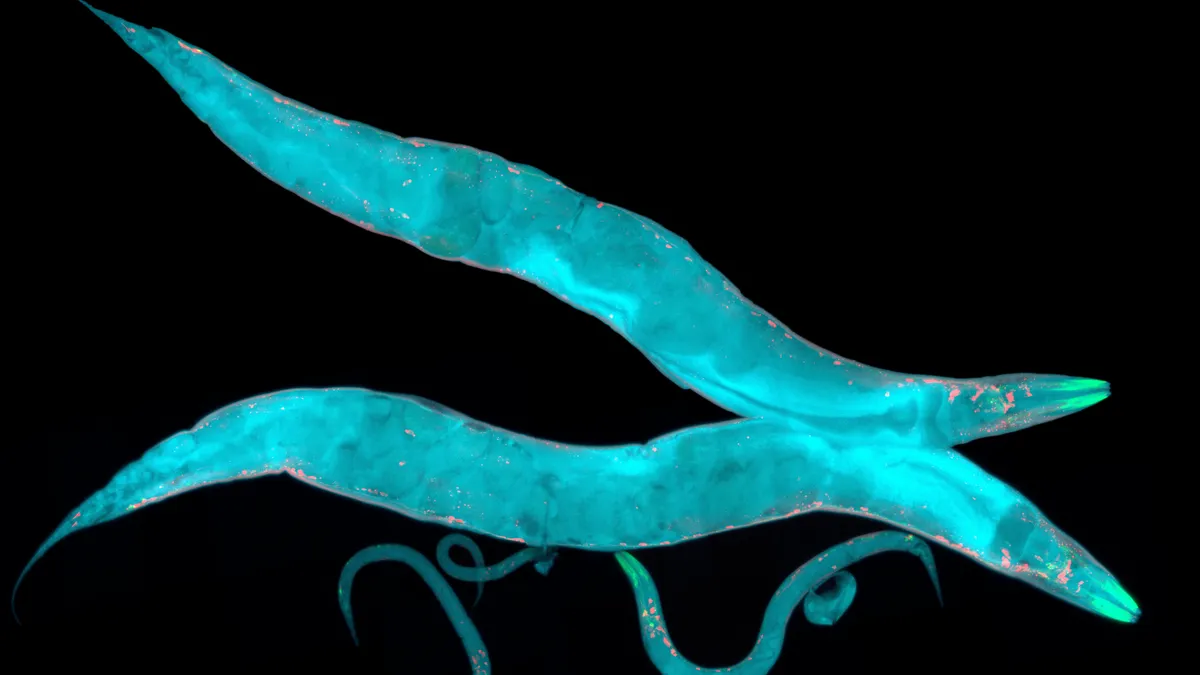
Scientists Develop Computers Powered By Human Mini-Brains
In a quiet Swiss lab overlooking Lake Geneva, scientists are growing the future of computing — quite literally. At start-up FinalSpark, co-founder Fred Jordan believes

In a quiet Swiss lab overlooking Lake Geneva, scientists are growing the future of computing — quite literally. At start-up FinalSpark, co-founder Fred Jordan believes

US scientists have created the most detailed wiring diagram of a mammalian brain, and it’s mind-blowing. We’re talking half a billion synapses, 84,000 neurons, and

As cannabis use becomes more mainstream—now legal for recreation in nearly half of U.S. states—it’s easy to overlook its potential risks. But a recent study

Artificial intelligence is taking on a new role—predicting the future of our brain health. Researchers are tapping into AI’s potential to spot dementia years before

Contrary to the popular widely held belief, our brain doesn’t die with death. Numerous research has observed that the human brain doesn’t stop working immediately after death but goes on for a short period of time. According to recent research published in Proceedings of the National Academy of Sciences, scientists noticed a surge in brain activity in the participants who were about to die.

Researchers from Albert Einstein College of Medicine have uncovered an interesting and simple test to predict risk of future memory problems. According to this fascinating study, those who are willing to predict whether or not they will suffer from memory loss in future, can now predict it by going through a simple test. Researchers studied 1,000 individuals with an average age of 69 without reported memory loss issues in the past.

A new study has found that worms crave for their favorite food when they are high on cannabis. The study published in the Current Biology journal noticed that worms showed interest in higher-calorie foods when they were soaked in Cannabis.

The experts in memory and neuroscience have developed an application that can enhance memory recall. The application is guided by neuroscience and is based on real brain functions that help in memory recall. It mimics a specific part of the human brain responsible for recording and preserving memories.

New study has uncovered signs of drastic brain changes in three types of dolphins. Brian changes are associated with human Alzheimer’s disease, a typical human progressive neurologic disorder. The signs of Alzheimer’s disease were found in three kinds of whales that have been found abandoned off the coast of Scotland, including a bottlenose dolphin and a long-finned pilot whale.
